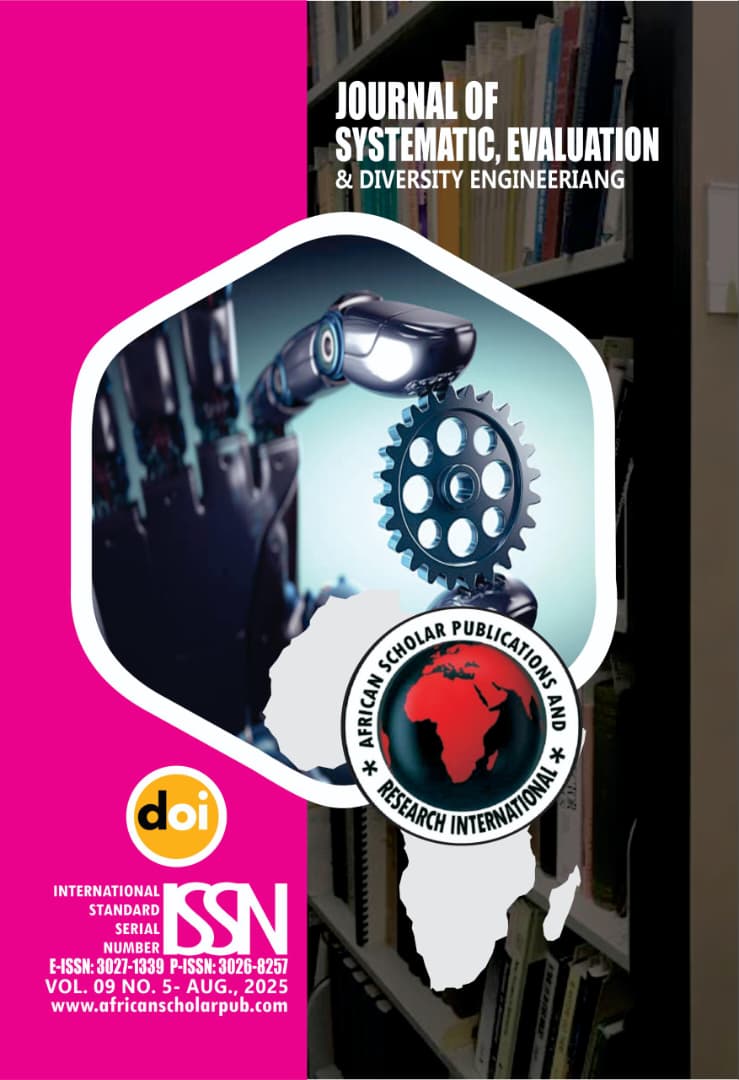Impact of Climate Change on the Geotechnical Properties of Soils in Bauchi Metropolis, Nigeria
Statistical, Machine Learning, and GIS-Based Risk Assessment
Abstract
Climate change exerts profound effects on soil geotechnical properties, with significant implications for infrastructure resilience in regions prone to climatic extremes. This study evaluates the impact of climate variability on soil mechanical behavior in Bauchi Metropolis, Nigeria, over a 30-year period (1990–2020). Historical climate datasets were integrated with laboratory geotechnical analyses of 20 systematically selected sites, encompassing compaction characteristics, Atterberg limits, California Bearing Ratio (CBR), and shear strength. Statistical correlation analysis revealed strong negative relationships between rainfall and both maximum dry density (MDD; r = −0.76) and CBR (r = −0.67), while temperature exhibited a moderate positive correlation with plasticity index (PI; r = +0.54). Predictive modeling using Support Vector Machine (SVM) regression achieved high accuracy (R² = 0.91 for CBR, 0.89 for MDD, and 0.82 for PI), validating its suitability for climate–soil interaction forecasting. Geographic Information Systems (GIS) spatial analysis identified high-risk zones, notably Jahun, Dutsen Tanshi, and Nassarawa, where PI exceeded 20%, CBR fell below 10%, and MDD remained under 1.80 g/cm³, indicating heightened vulnerability to infrastructure failure. Conversely, Old GRA and Yakubu Wanka demonstrated favorable soil performance. The study further introduced a Geotechnical Response Index (GRI) integrating Intergovernmental Panel on Climate Change (IPCC) Representative Concentration Pathways (RCPs) with soil performance metrics, revealing projected increases in geotechnical stress from 0.62 (RCP 4.5) to 0.83 (RCP 8.5). Findings underscore the critical need for climate-adaptive geotechnical designs and localized predictive frameworks. This research offers a replicable methodology for integrating climatic projections, machine learning, and geospatial risk mapping to inform sustainable urban infrastructure development in semi-arid regions.
Keywords:
Climate change, Geotechnical properties, Support Vector Machine, GIS risk mapping, Bauchi Metropolis, Infrastructure resilienceDownloads
Downloads
ACCESSES
Published
Issue
Section
License
Copyright (c) 2025 Muhammad Suleiman, I. Hassan, I. I. Abdulkarim (Author)

This work is licensed under a Creative Commons Attribution 4.0 International License.


















